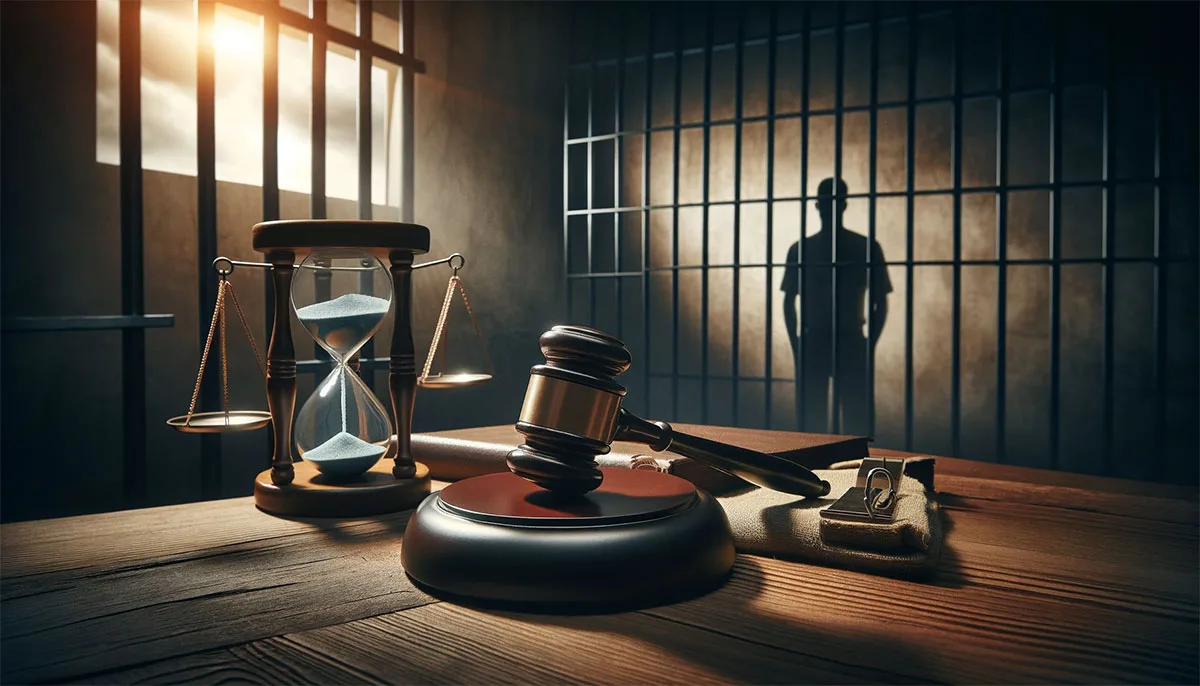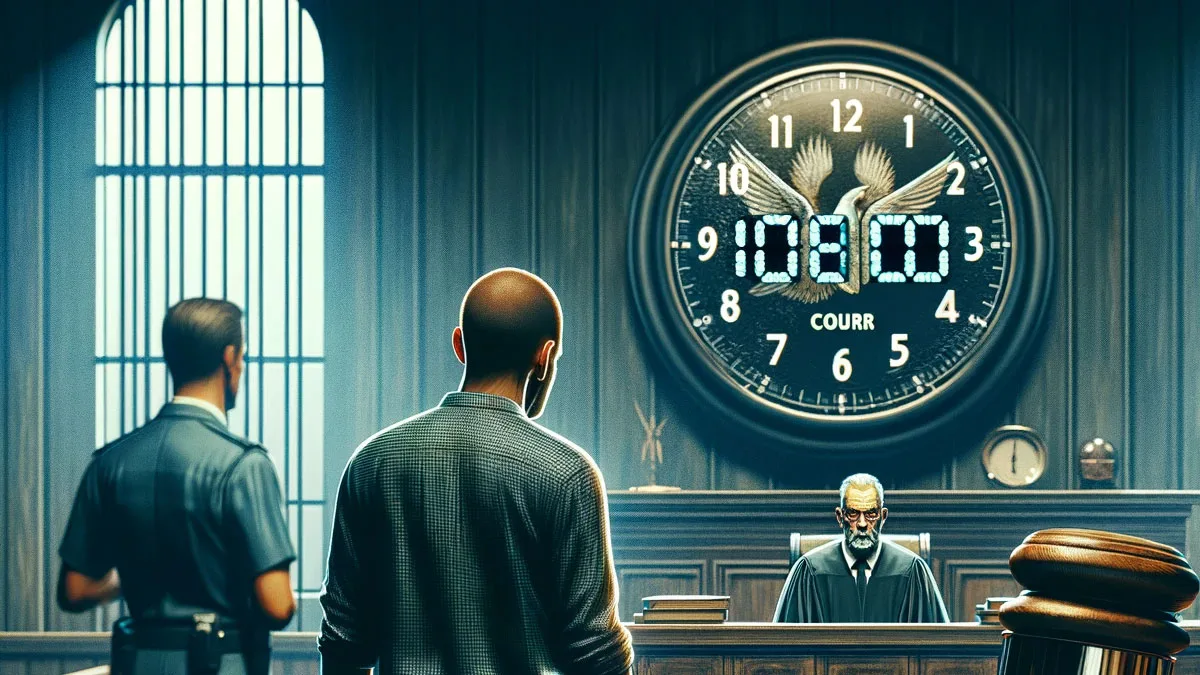Navigating the legal waters of criminal contempt can be daunting. This article delves into the intricacies of jail time associated with criminal contempt in the United States, offering clarity for those facing or interested in understanding this legal challenge.
What Constitutes Criminal Contempt?
Criminal contempt of court refers to actions that disrespect the court’s authority or defy a lawful order. This can range from disruptive behavior in court to failure to comply with court orders outside the courtroom. Understanding the distinction between civil and criminal contempt is crucial, as each carries different consequences.
The Punishment Spectrum
State-Specific Variances
The jail time for criminal contempt varies significantly across different states:
- Florida: Up to one year in county jail.
- Texas: A maximum of six months imprisonment and/or a fine of up to $500.
- Ohio: Punishments range up to 90 days imprisonment and fines, depending on the offense count.
Direct vs. Indirect Contempt
- Direct Contempt: Typically occurs in the court’s presence, like disrespecting a judge during a trial.
- Indirect Contempt: Involves disobeying court orders outside the court’s presence, such as failing to comply with a subpoena or a restraining order.
Legal Procedures and Rights

Individuals charged with criminal contempt are afforded the same rights as other criminal defendants, including the right to a trial by jury and to testify on their own behalf. The legal process includes a show cause hearing to determine contempt, emphasizing due process.
The Role of Legal Representation
Given the complexities and potential consequences of criminal contempt cases, seeking legal advice is paramount. Experienced attorneys can navigate these intricate legal waters, ensuring that rights are protected and proper procedures are followed.
Conclusion
Criminal contempt of court can carry serious implications, including jail time. This underscores the importance of respecting court authority and adhering to legal orders. For those facing such charges, understanding the legal landscape and seeking professional guidance is crucial.









Leave a Reply